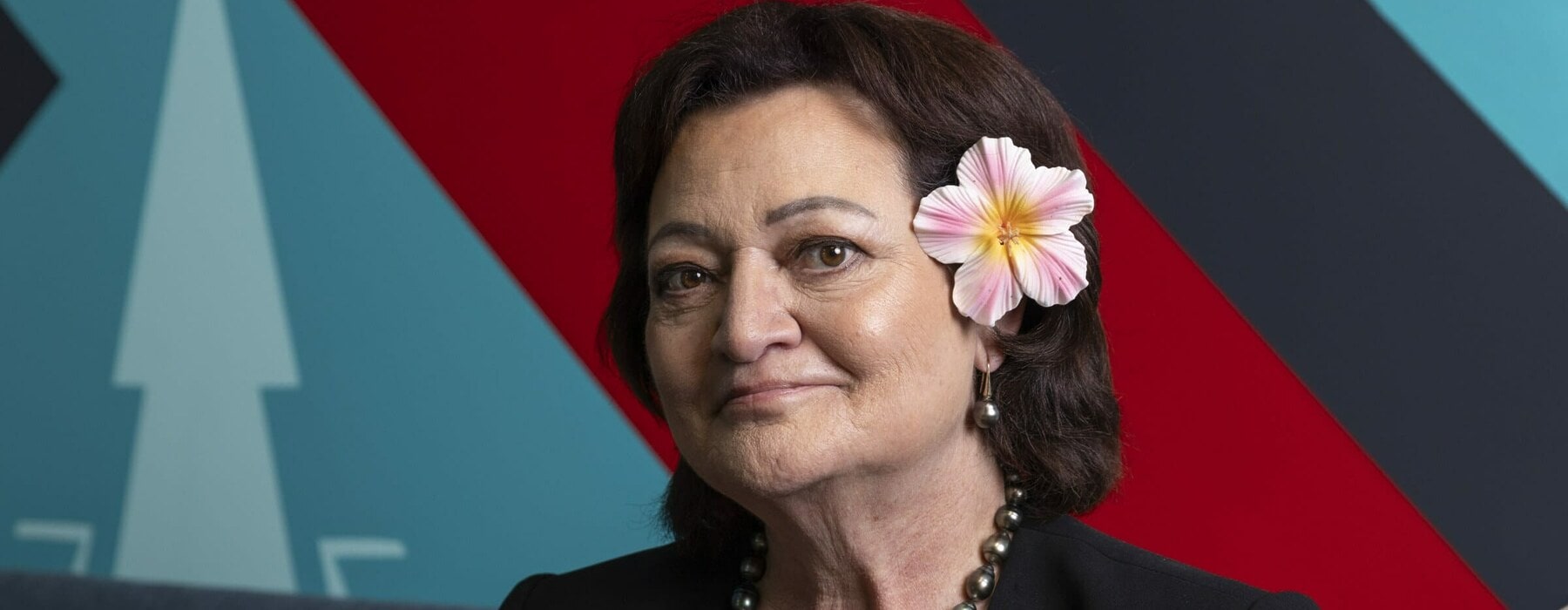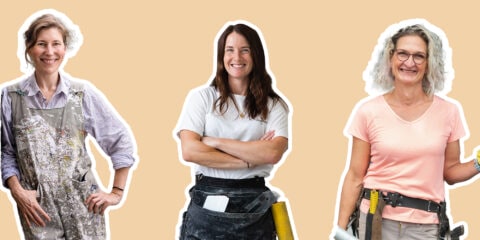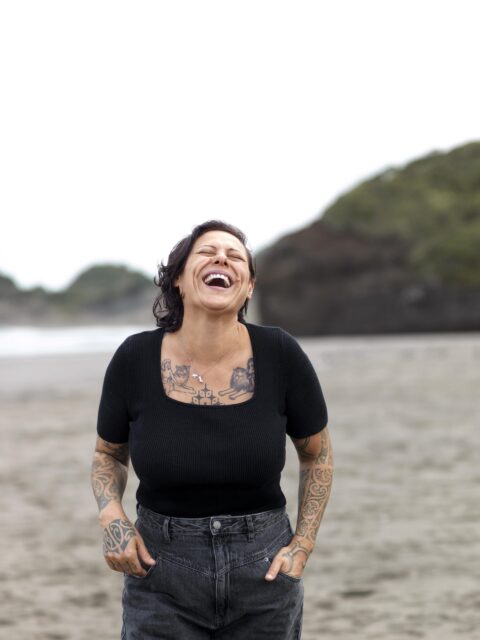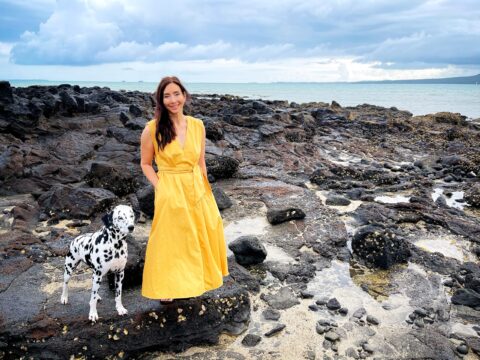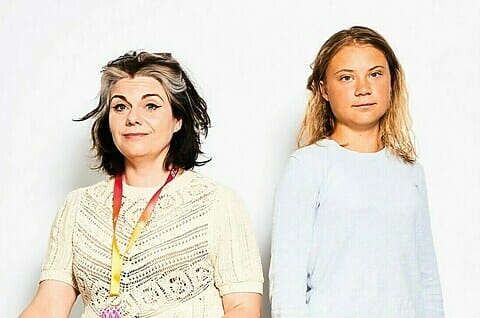The leader of a major Pacific organisation is making the ultimate sacrifice to ensure more women are aware of the dangers of breast cancer.
Debbie Sorensen is the chief executive of the Pasifika Medical Association, the largest Pacific non-governmental organisation in New Zealand, and for 16 years she has helmed the entity with a strong and confident style of leadership.
But last month, she allowed herself to be vulnerable when she released a short documentary detailing her diagnosis with an aggressive form of breast cancer and the medical battle she endured to save her life. This was Debbie Sorensen whom her colleagues, peers and the public have never seen before. She was emotional, fragile, sick in a hospital bed with little hair on her head, allowing the world to see her experience the harsh reality of fighting breast cancer.
“We’ve watched too many sad medical movies when things don’t end well and people die. But this is a different story. I’m not dead yet. We really need to encourage our Pacific women to not be so fearful. We can’t afford to have our Pacific mothers, grandmothers, aunties, and sisters die, so we have to do something about it,” she says.
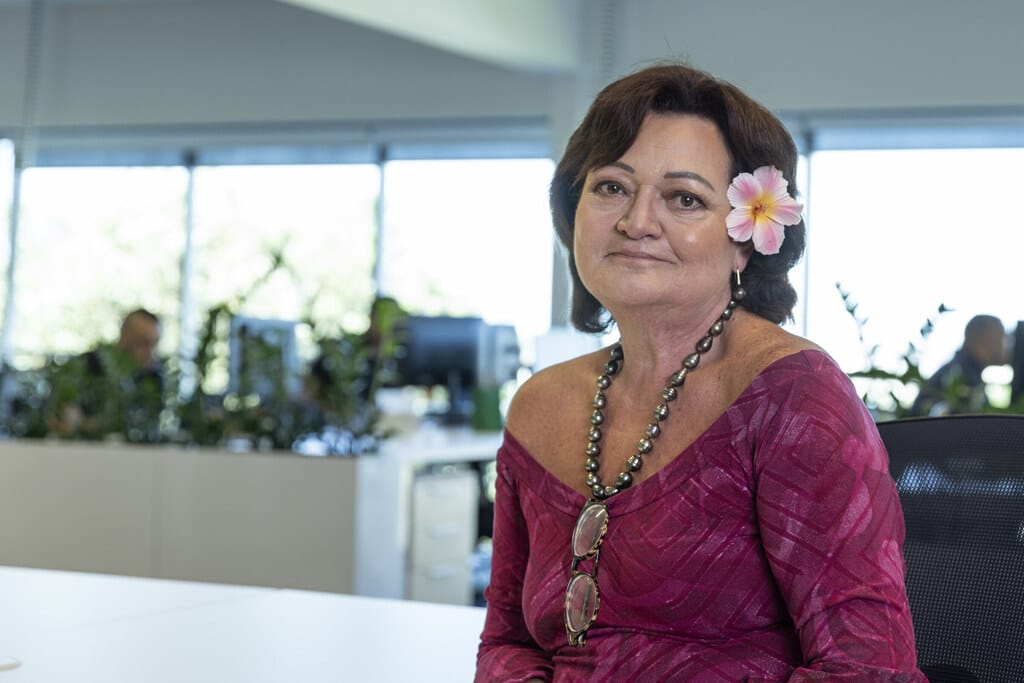
Debbie was initially hesitant about letting the cameras in. She agreed to be filmed because she wanted to show a high-profile Pacific woman going through this experience and hoped it would encourage other Pacific women to have regular mammograms. She also wanted to dispel the myths and anxieties that may surround chemotherapy and radiology treatments.
Debbie accepted that the most impactful way to spread the message was to show the rawness and honesty of battling breast cancer.
“If the documentary was a nice, flowery floating story, then women wouldn’t feel like they needed to act. But actually, it’s very serious. I want people to be shocked, and that to be a call to action.”
A report published last year by Breast Cancer Foundation NZ found that Pacific women were 52% more likely to die of breast cancer within 10 years than Pākehā and had the highest rate of stage 3 and 4 breast cancers and of HER2+ cancers, and more grade 3 tumours than all other ethnicities.
Debbie’s breast cancer was discovered last April after she went for a check-up. It was an aggressive form of breast cancer that needed urgent attention, and she had a biopsy after her examination. Ten days later, she was in the theatre having a partial mastectomy, and ten weeks after that she started chemotherapy and radiotherapy treatment.
“I was in shock. No one on either side of my family has had breast cancer. I thought I could get lots of other cancers, but not breast cancer. My father died of bowel cancer. When I was young, I smoked, and it would have been easy for me to get lung cancer. I was expecting the doctors to tell me it was only a breast lump. Lots of women have lumps removed and examined and they are benign.”
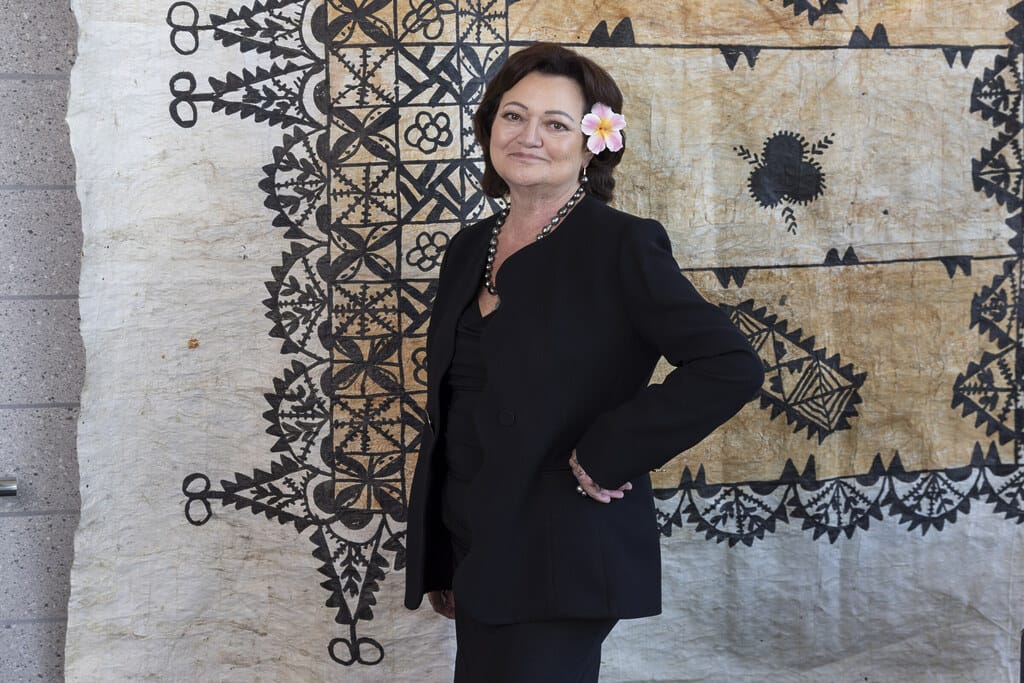
Once the seriousness of the cancer was confirmed, and the treatment plan had been put in place, Debbie prepared herself for the gruelling days of chemotherapy and radiotherapy.
“I’m not a person to feel sorry for myself. We just needed to get on with it. If they hadn’t found this early, then I might be planning a funeral,” she says.
“My overwhelming feeling was one of gratitude. I feel grateful that it was found, grateful that I was able to access health services, and grateful that I work in such an organisation where all my bosses are doctors and were very supportive.”
Debbie is a Tongan leader, a mother and a grandmother, who started her medical career as a nurse. She branched out into governance, management, and health advocacy for the Pacific community when she helped establish the Pasifika Medical Association in 1996. The association includes Pasifika Futures, the Whanau ora Commissioning Agency for Pacific families and ETU Pasifika Primary Care services in Auckland and Christchurch.
Today, Debbie is back at work and feeling much better. She has yet to be given an all-clear from her doctors and still requires regular checks.
“I have to continue to be vigilant, and positive and continue to listen to my doctor’s health advice.”
She says the experience has given her a deeper insight into the public health system and has encouraged her to continue to fight for health equity for the Pacific community .
“This experience has made me insightful. It’s made me determined to make sure that everything that we do makes it better for our Pacific people and their engagement with the health sector,” she says.
“The experience has also made me realise how loved I am and how important it is for me to get better and live the best life that I can.”
Watch Debbie’s documentary here.
This is public interest journalism funded by NZ on Air.
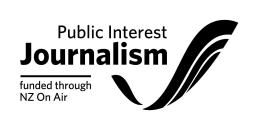
Related Article: How Miriama Smith Learned How to Love Acting

